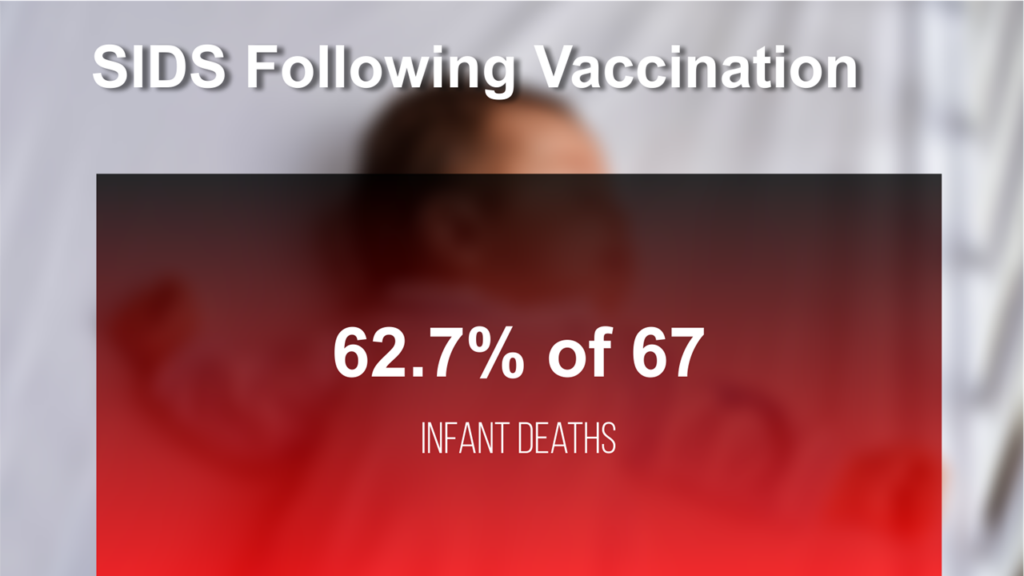Kids With Autism Supported by Service Dogs, as Research and Families Note ‘Incredible Changes’ + More
Source: Children’s Health Defense
Kids With Autism Supported by Service Dogs, as Research and Families Note ‘Incredible Changes’
Having a furry friend can add fun and companionship for anyone — but for children with autism, it can be life-changing. A recent study from the University of Arizona College of Veterinary Medicine evaluated the impact of service dogs on autistic children and their caregivers in 75 families.
Working with nonprofit service dog provider Canine Companions, the researchers found that having a service dog was associated with “significantly better child sleep behaviors,” including less sleep anxiety and better sleep initiation and duration.
In an interview with Fox News Digital, lead researcher Dr. Maggie O’Haire, associate dean of research at the university, said the research was sparked by the growing number of programs that pair service dogs with autistic children.
The sleep improvements are particularly important for the child and the entire family, O’Haire said. Children were able to sleep in their room more independently when the dog was present, the researchers found.
‘Not Just Measles’: Whooping Cough Cases Are Soaring as Vaccine Rates Decline
In the past six months, two babies in Louisiana have died of pertussis, the disease commonly known as whooping cough. Washington state recently announced its first confirmed death from pertussis in more than a decade. Idaho and South Dakota each reported a death this year, and Oregon last year reported two as well as its highest number of cases since 1950.
While much of the country is focused on the spiraling measles outbreak concentrated in the small, dusty towns of West Texas, cases of pertussis have skyrocketed by more than 1,500% nationwide since hitting a recent low in 2021 amid the COVID-19 pandemic. Deaths tied to the disease are also up, hitting 10 last year, compared with about two to four in previous years.
Cases are on track to exceed that total this year. Doctors, researchers and public health experts warn that the measles outbreak, which has grown to more than 600 cases, may just be the beginning. They say outbreaks of preventable diseases could get much worse with falling vaccination rates and the Trump administration slashing spending on the country’s public health infrastructure.
RFK Jr. Says There Is an ‘Autism Epidemic’. Is It True?
The U.S. Department of Health and Human Services (HHS) has launched a “massive testing and research effort” that will determine “what has caused the autism epidemic” by September, its Secretary Robert F. Kennedy Jr. said Thursday.
“By September, we will know what has caused the autism epidemic, and we’ll be able to eliminate those exposures,” Kennedy said in a cabinet meeting.
The number of autism diagnoses in the U.S. has been rising for decades. About 1 in 36 children were identified with autism spectrum disorder in 2020. That’s up from 1 in 150 children in 2000, according to data from the U.S. Centers for Disease Control and Prevention.
“The NIH (National Institutes of Health) is fully committed to leaving no stone unturned in confronting this catastrophic epidemic — employing only gold-standard, evidence-based science.” HHS Director of Communications Andrew Nixon said in a statement Thursday. But experts are highly skeptical of Kennedy’s claims that he will be able to determine the causes of autism in just a few months.
After spending decades researching the genetic and neuroscientific causes of autism, “the idea that we can suddenly find the causes by September is unrealistic,” said Geoff Bird, a cognitive neuroscientist and autism expert at University of Oxford and University College London, U.K.
New Research Challenges Long-Held Beliefs About Autism and Eye Contact
Children with autism are commonly thought to struggle with social interaction and often show reduced attention during interpersonal exchanges. One widely recognized behavioral marker in autism diagnosis is the tendency to avoid eye contact. However, research has shown that even typically developing children rarely make sustained eye contact during everyday play, raising questions about the reliability of this marker for clinical assessment.
In an effort to better understand the behavioral indicators of autism, a recent study led by Lu Qu and Qiaoyun Liu from the Shanghai Institute of Artificial Intelligence for Education at East China Normal University offers new insights.
Published in the ECNU Review of Education on March 17, 2025, the study found that autistic children display social attention patterns similar to those of their typically developing peers during play — both groups tend to focus more on toys than on faces. These findings challenge the long-held belief that reduced eye contact is a definitive or distinguishing feature of autism.
More Psych Hospital Beds Are Needed for Kids, but Neighbors Say Not Here
In January, a teenager in suburban St. Louis informed his high school counselor that a classmate said he planned to kill himself later that day. The 14-year-old classmate denied it, but his mother, Marie, tore through his room and found a suicide note in his nightstand. (She asked KFF Health News to publish only her middle name because she does not want people to misjudge or label her son.)
His parents took him to Mercy Hospital St. Louis. According to his mother, providers told them they didn’t have beds available at their behavioral health center, so the teen spent three days in a room in a secured area of the emergency department and saw a doctor twice, one time virtually. Over the past decade, proposed psychiatric facilities for minors in California, Colorado, Iowa, Nebraska, and New York have also faced local resistance. Behavioral health care advocates counter that such concerns are largely unfounded and rooted in stigma.
Locating such facilities in remote areas — as neighbors sometimes suggest — reinforces the misconception that people with mental illness are dangerous and makes it harder to help them without their support system nearby, doctors say.









